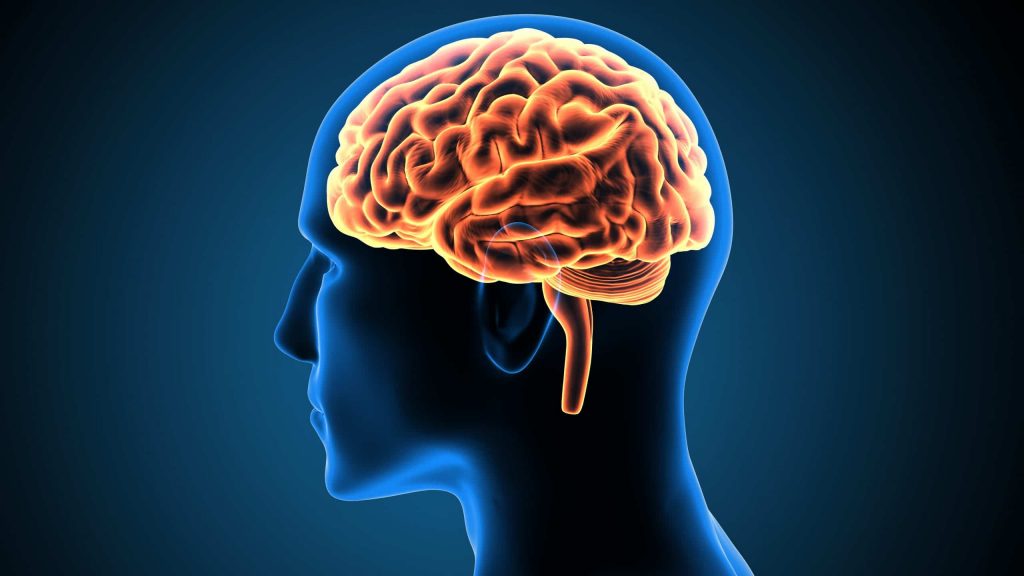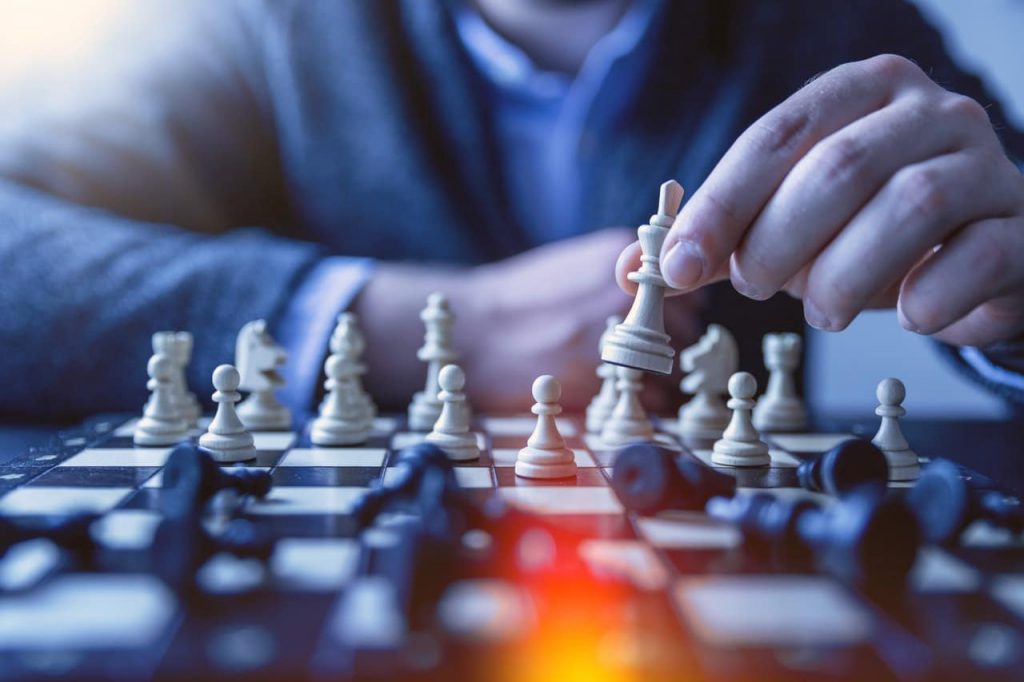

Alcohol and addictive substances, such as heroin, methamphetamines, and cocaine, have long been a problem here in the United States. A new class of drug, termed: nootropics is adding to those problems. Today, it is estimated that nearly 21 million Americans struggle with a substance abuse problem of some kind. A person struggling with an addiction to alcohol or drugs was once considered to lack moral fortitude, but now, with a deeper understanding of addiction, doctors and scientists alike now profile addiction as a disease of the brain. Addiction literally causes changes to the functioning of an addicts brain, and sometimes these changes are even permanent.
An addiction to drugs or alcohol means when a person is unable to stop using these mind altering substances even though they usually have experienced some extreme, and often negative, consequences because of their substance abuse problem. This could be anything like going to jail, losing a job, spending all their time and money drinking alcohol or using drugs, not seeing their family, living on the streets, etc. The problem with addiction is that oftentimes it is really hard to stop abusing these substances without the help of a professional or some other type of interference, such as an overdose or a rock bottom experience.
While the use of alcohol and illegal illicit drugs, like marijuana or crack cocaine, have all been around for some time now, there is now a newer category of drugs that have been slowly sweeping across the nation. Unfortunately, not all commonly abused substances are illegal. Like alcohol, things like prescription drugs and over the counter medications are also commonly abused by members of the population. This new class of drugs are referred to as “nootropics”, which can literally be translated from the Greek words meaning mind and bending.

Nootropics can be illegal substances, prescription drugs, and even over the counter medications. Nootropics are drugs used to improve cognitive brain functions, such as:
The first nootropic was discovered by Romanian scientist Corneliu Giurgea in the 1960s. Named Piracetam, the drug was first intended to lull patients into a gentle slumber, but they quickly realized it had the opposite effects. Patients also reported that it let to substantial improvement to their memories. While the drug is not approved by the FDA (the Food and Drug Administration), it is a prescription drug available in the UK and it is still widely used by students and young professionals alike, despite there being any scientific evidence to support their claims of cognitive improvement.

According to a study that was recently conducted, there is evidence to suggest that nearly 30% of people living in the United States have used a nootropic at least once in the past year. If you have ever seen the movie “Limitless”, a movie that was produced in 2011 where the main character was introduced to a nootropic drug called NZT-48, then you may be familiar with the phenomena of this newly spreading craze. During the movie, NZT-48 allows him to access and fully utilize all areas of his brain, leading to substantial improvement in his life and career, but by the end of the movie it is clear that the drug also has very harmful side-effects, including dependence and addiction.
It is true that not all nootropic drugs are considered to be dangerous, but there are still those who have very serious side effects. Part of what makes these drugs so compelling is that they are usually medically prescribed or available for purchase over the counter, so people associate them with having less risk. Another component that increases the danger level of these drugs is what is known as increased tolerance, sometimes the user needs more and more to achieve the desired effect, this can cause them to use more of the same drug, or turn to other more harmful drugs instead. Some of the most dangerous and addictive nootropic drugs are listed as follows;
It is important to note that none of these drugs have ever been shown to increase cognitive abilities, and they have had the most positive impact on someone who already had cognitive impairment problems to begin with.

However, as I mentioned earlier there are some natural substances known to have nootropic effects with little to no side effects. So, if you must, and you are feeling like you may need a little cognitive enhancement, try drinking the age old cup of coffee for that natural boost. Caffeine has been shown to have a positive effect with a low risk of dependence. Other over the counter substances like L-theanine or ginkgo biloba have also had positive effects reported by users, and they also carry a low risk of dependency. As always, speak with a medical professional before trying any of these safer alternatives as they may react with other medications. As always, if you believe that you or a loved one have developed a dependence on any type of substance, do not worry! We are here to help, do not hesitate to ask!

